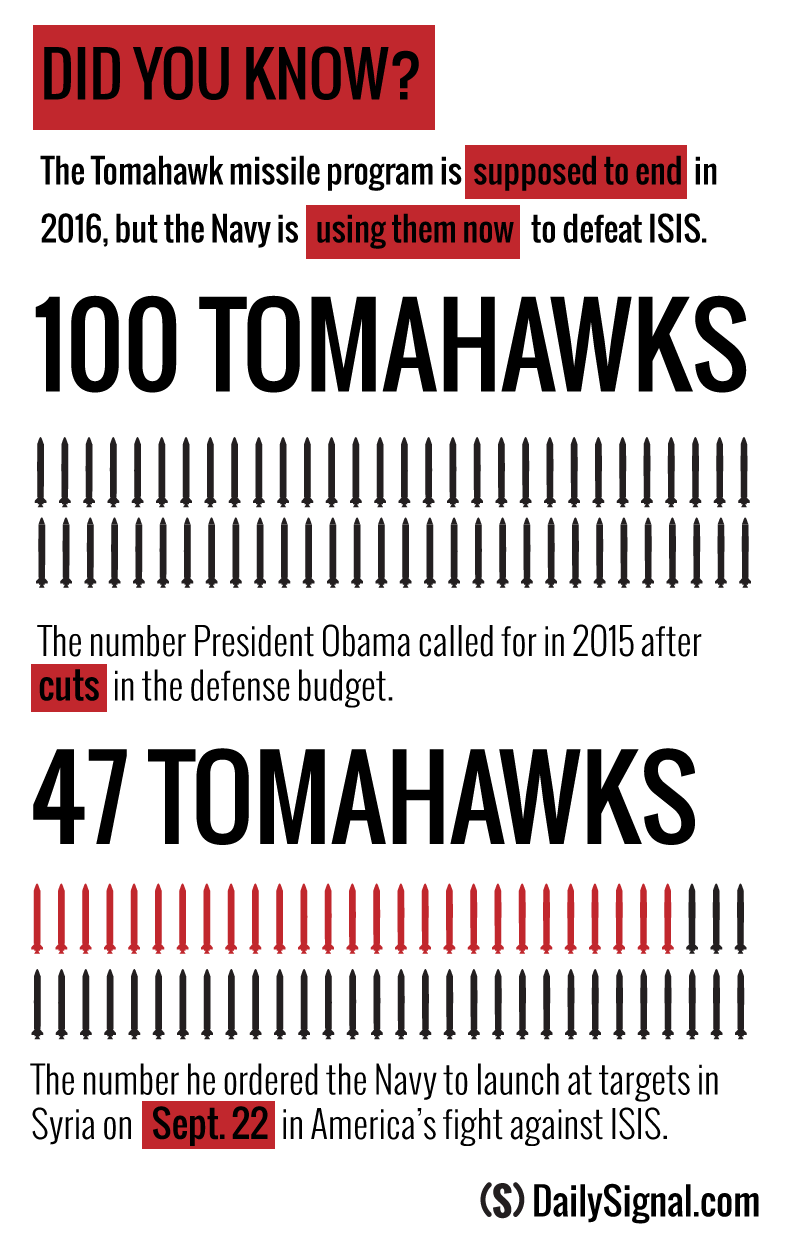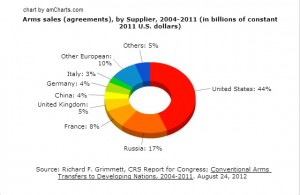I have a bit of a bone to pick with the Wu-Tang Clan- I think they were too simplistic when they wrote C.R.E.A.M. “Cash, Oil, and Guns Rule Everything Around Me” would have been more accurate, though perhaps less lyrically oriented, I must admit. When we look at the vast majority of global insecurity today, we can often pick either oil or guns as the fuel of the conflict, with blood money being the primary outcome. Oil is all the media talks about, so let’s spend some time on guns, or more broadly, “arms,” instead. This is a security studies class after all.

My argument for the week is thus- the UN Permanent Security Council is fundamentally flawed, because all five of its members benefit greatly from armed conflict. That is to say, those five great powers that we charge with making peace are the five who benefit most from making war. Let me tell you a bit about the arms industry, and why we’ve trusted the biggest thugs of all to throw away their strongest revenue generators and attempt to make world peace. I’ll begin by explaining the situation as it is today, and then applying it to the current conflict in Syria and Iraq.
The five permanent members of the UN Security Council are the following- the US, the UK, China, Russia, and France. Would you care to hazard a guess at the five biggest arms dealers in the world? That’s right- the US, the UK, China, Russia, and France. Together they make up 79% of the world’s arms trade, which is valued at roughly $100 billion. The US on its own makes up more than half of this number, supplying the world with 44% of its weapons. I’m reluctant to use the term “military-industrial complex” for fear of sounding like a hemp-wearing hippy, but it’s hard to argue when there is so clearly so much to gain from waging war.
As noted by a classmate in an astute blog post entitled, “Veto the Veto in the UN Security Council,” the five permanent members hold veto powers on all UN Security Council resolutions, allowing them to shoot down any action intended to indicate wrongdoings or create peace in conflict zones worldwide. Recently, Russia has used its veto power to shoot down a condemnation of Crimea’s referendum as being illegal, one which could have set a precedent for an international intervention. Together Russia and China also vetoed sanctions against Syria in 2012, a move which could have slowed or prevented the conflict it has become today. In 2011, the US vetoed a resolution condemning Israeli settlements in the West Bank, allowing for the IDF to continue its violent persecution of the Palestinian people.
While it is easy to dismiss these vetoes as simple reflections of state allegiances, I suggest there is a (slightly) more hidden agenda. When you see these resolutions fail, ask yourself why? Who is Israel’s biggest military ally? Where does Israel buy its weapons from? Who are Syria’s primary allies, and with what is it arming itself? You don’t even have to ask yourself about Ukraine, because it’s agreed upon by most that Russia is arming the separatist rebels. In every case that the veto is used by one of the five permanent members, it is not hard to trace the money trail back to the “veto-ers” arms industries who stand to gain greatly from the continuation of the conflict in question.
On the note of conflict, let us now turn to the war in Syria and Iraq which I have written both of my past blog posts about. Before delving into these, let us first examine the Syrian civil war pre-US involvement, and pre-expansion into Iraq. As noted previously, China and Russia both vetoed sanctions against Syria. From 2004-2007, Russia and China supplied Syria with $6.2 billion worth of arms, and from 2008-2011 an additional $2.4 billion. The war began in 2011, and weapons have been in even higher demand ever since (Source). “Not fair,” says the US, the UK, and France, “I want in on this money cow.” This brings me to my own blog posts.
In “Why Obama is Doomed to Repeat the Mistakes of His Predecessor,” I outlined why Obama’s air campaign in Iraq was misguided and bound to fail in the long term. In “Why the Latest Face in the War on Terror is a Sham,” I explained why the Khorasan group was likely not real, and suggested instead that the US had hyped them up to create a façade by which they could legitimize their war in Syria. In both, what I neglected to explain was why the US might want to be in Iraq and Syria in the first place.
When examining the “broad coalition” Obama spoke of, it is interesting to note the Arab allies who are taking part in the war- namely Saudi Arabia, Turkey, Qatar, Egypt and Jordan. These are some of the US’ strongest arms-trading partners in the Middle East, with trades from 2008-2011 (again, pre-war) totalling roughly $53 billion. These countries get to protect their interests in the region through warfare while the US benefits economically from every bomb they drop. In addition, the US and its coalition are arming various warring factions in the region, including the Kurdish Peshmerga, the Iraqi military, and the increasingly mythical “moderate Syrian rebels.” It is also worth noting that the UK has recently begun airstrikes against ISIS, while France has also announced it would increase its support– now all five of the permanent “Security Council” members are in on this cash grab!
But enough about how the US is indirectly benefiting from the war in Iraq and Syria, let’s talk direct economic stimulation. A report by the Center for Strategic and Budgetary Assessments announced that the war against ISIS has already come close to costing $1 billion. That’s $1 billion largely going into the American defense industry. Don’t believe me? Consider one very small case study- on September the 22nd the US fired 47 Tomahawk missiles at various targets in Syria. These missiles cost $1.4 million each, bringing the day’s cost in Tomahawk missile launches alone to $65.8 million. That’s $65.8 million in missiles that will need to be replaced, putting $65.8 million right in the pockets of the American Raytheon Corp, who manufactures the Tomahawk. Not bad for a Monday. The Navy currently has roughly 4,000 Tomahawk missiles stockpiled and buys them at a rate of around 200 per year. From this very specific example, one which ignores the vast amount of other military technology currently being employed against ISIS, it should be clear that the US has effectively created an economic stimulus package via missile strike. Growth from destruction – it would be poetic if it weren’t for the fact that it comes at the cost of civilian lives.

By looking at the five permanent members of the UN Security Council, it should be clear that the idea that their mission is to make peace is a laughable one. These permanent members benefit greatly from conflict, from war, and from militant and civilian death alike. In short, the permanent members of the UN Security Council benefit most when the world is the exact opposite- insecure. And given their ability to veto all UNSC resolutions, I see no change in sight. So perhaps the term “military-industrial complex” isn’t so far-fetched after all. Perhaps the hemp-wearing hippies have been right all along.
